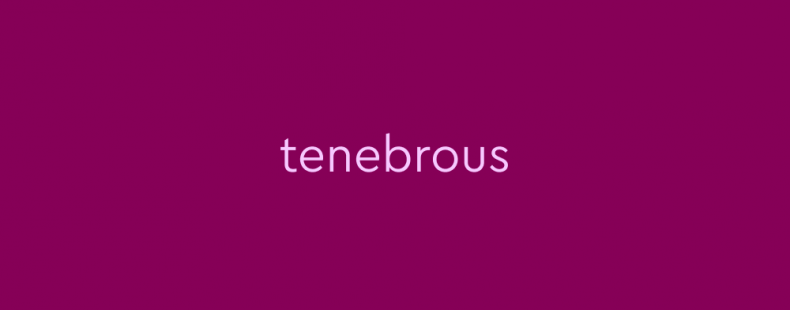Scary synonyms await ...
As the weather turns colder and Halloween approaches, folks get excited for fall treats like pumpkin spice everything and warm sweaters. But there is another side to the autumnal season. The days get darker and gloomier and there is a spooky feeling in the air. Spooky is not the only word we can use to describe things that scare us. Read on discover the many mysterious ways to talk about things that go bump in the night.



























